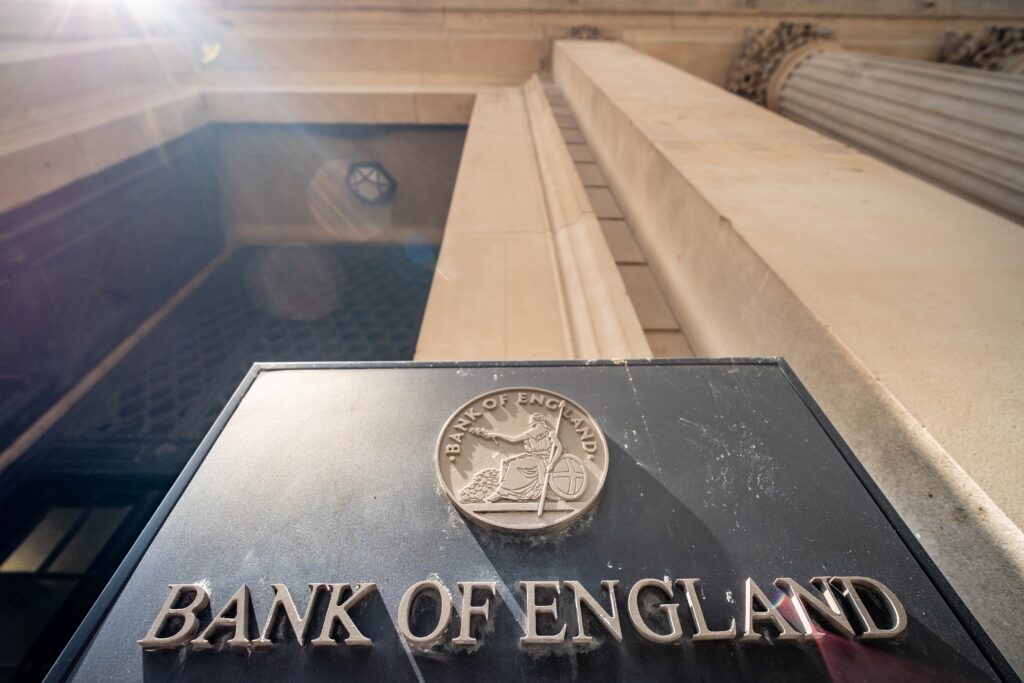Former members of the Bank of England’s monetary policy committee (MPC) have urged governor Andrew Bailey to scale back or halt the central bank’s bond-selling programme, warning it is driving up government borrowing costs. Britain’s long-term gilt yields have hit a 27-year high, adding pressure on chancellor Rachel Reeves ahead of the 26 November autumn budget. While global factors, including Donald Trump’s trade war and concerns over the US Federal Reserve, are partly responsible, the Bank has acknowledged that its £100bn quantitative tightening (QT) programme is also contributing.
The Bank has sold around £100bn of gilts over the past year from its £895bn crisis-era portfolio, leaving holdings worth roughly £560bn. Investors expect QT to be reduced to about £70bn in the year ahead, though this could still involve significant active sales due to fewer maturing bonds. Michael Saunders, a former MPC member, warned that maintaining the current pace of sales could push yields higher, while Sushil Wadhwani called for a halt to active sales in favor of passive QT. Andrew Sentance agreed that scaling back to £70bn would be sensible but emphasized that the Bank’s priority remains controlling inflation.
Halting active sales could save the Treasury over £10bn annually, according to the IPPR thinktank, although keeping the bonds comes at a cost since interest on gilts is lower than what the Bank pays on commercial bank reserves. The Bank is expected to hold interest rates at 4% this week while potentially signalling a slowdown in QT, amid upcoming jobs and inflation data ahead of the autumn budget.


